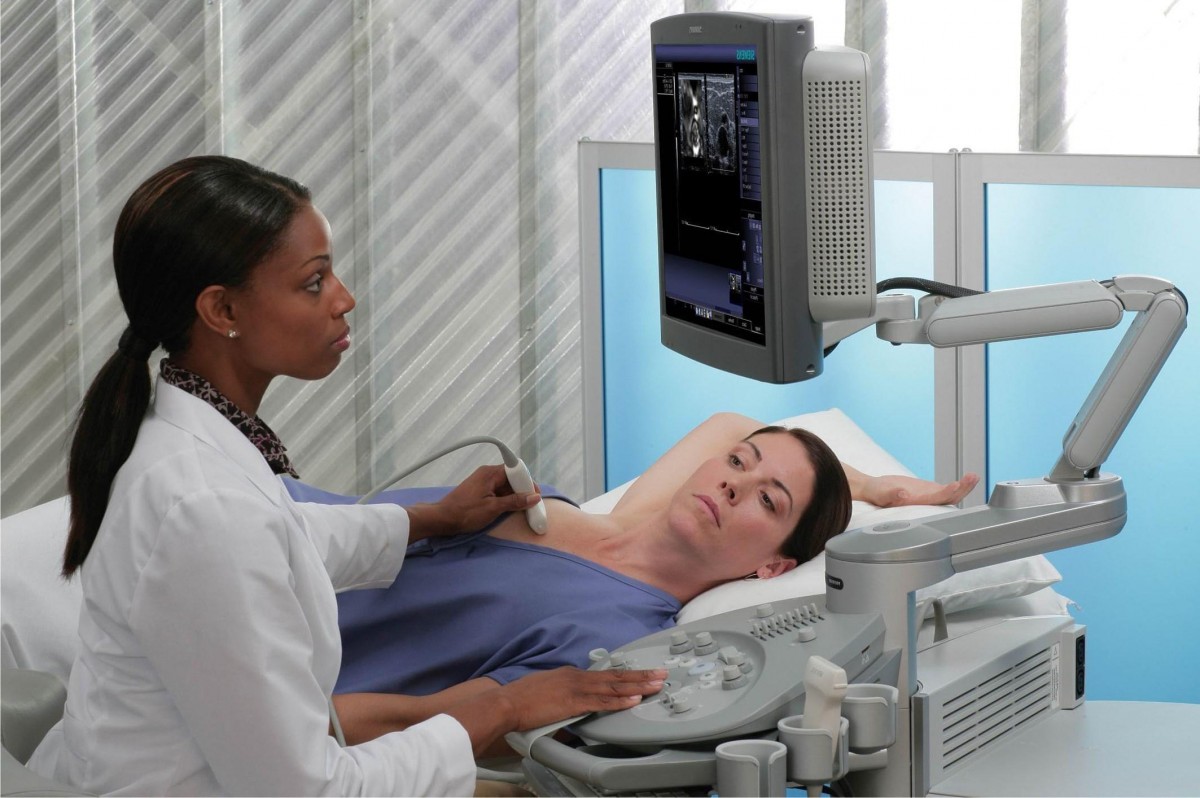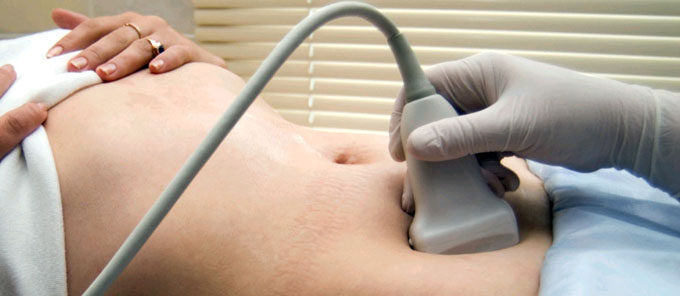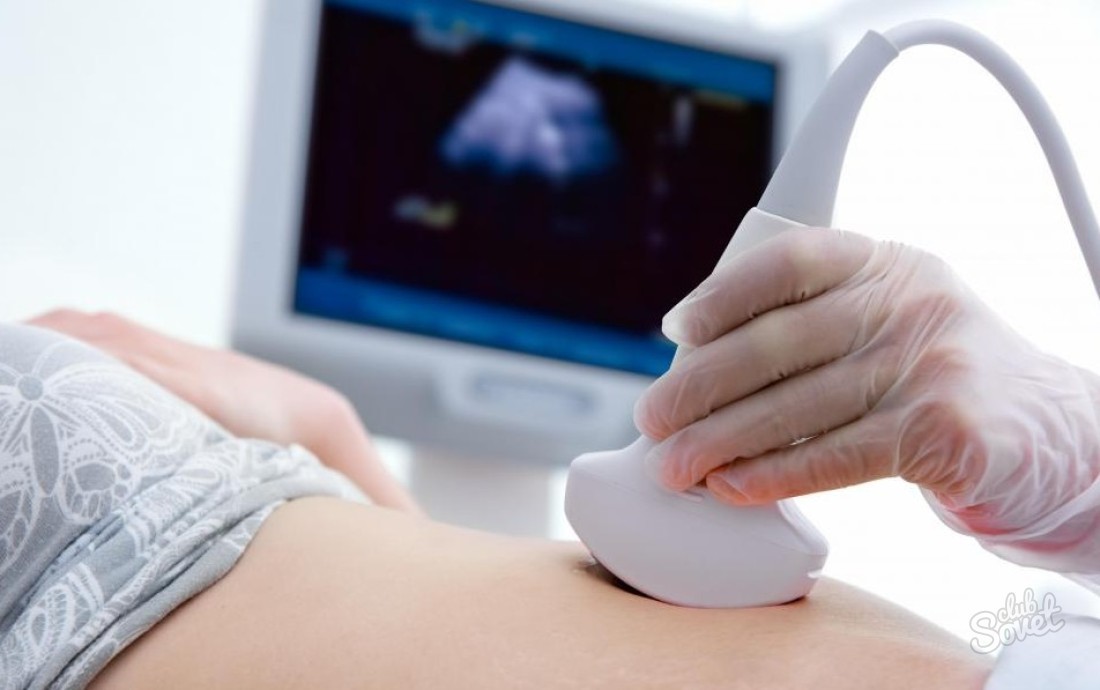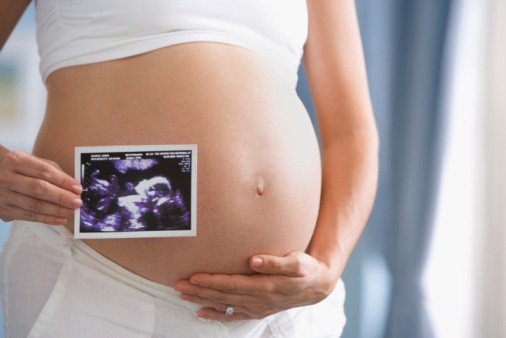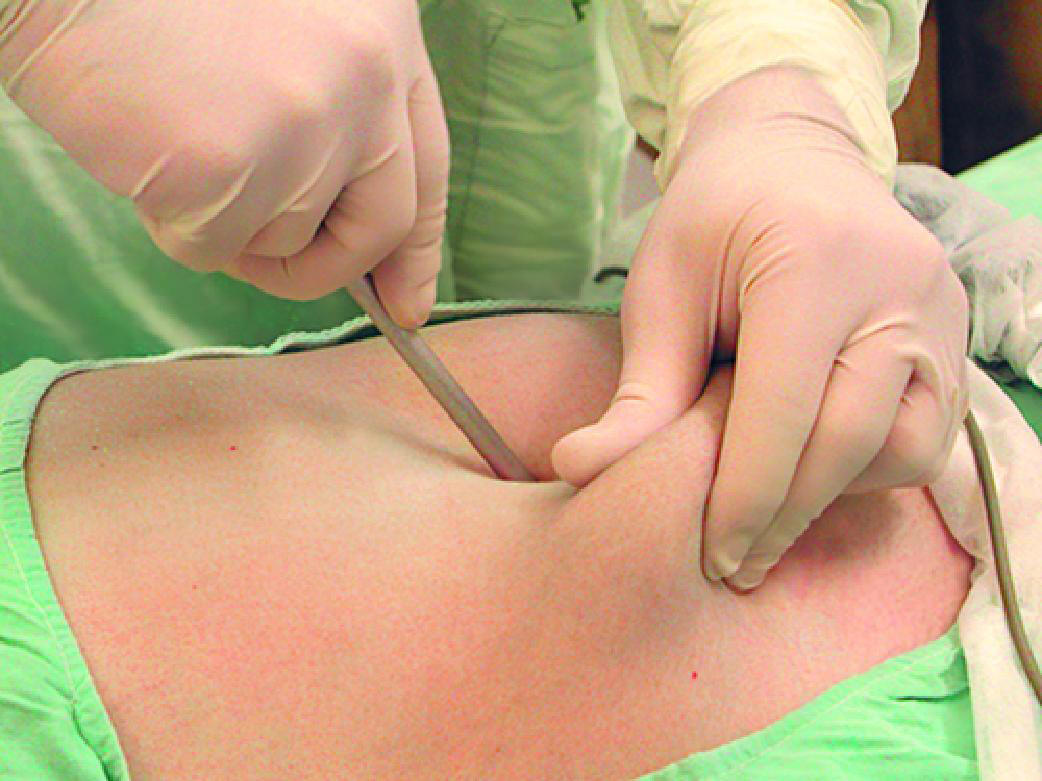
what pleadings need to be verified
м. Київ, вул Дмитрівська 75, 2-й поверхwhat pleadings need to be verified
+ 38 097 973 97 97 info@wh.kiev.uawhat pleadings need to be verified
Пн-Пт: 8:00 - 20:00 Сб: 9:00-15:00 ПО СИСТЕМІ ПОПЕРЕДНЬОГО ЗАПИСУwhat pleadings need to be verified
On its own, the court may order an attorney, law firm, or party to show cause why conduct specifically described in the order has not violated Rule 11(b). Many, clients have ended up befuddled, if not outraged, at seeing their complaints dismissed due to, improper verification. +, Rep. &ct o. The rule retains the principle that attorneys and pro se litigants have an obligation to the court to refrain from conduct that frustrates the aims of Rule 1. However, under unusual circumstances, particularly for [subdivision] (b)(1) violations, deterrence may be ineffective unless the sanction not only requires the person violating the rule to make a monetary payment, but also directs that some or all of this payment be made to those injured by the violation. Compare 2 Ind.Stat.Ann. 28, 1983, eff. July 1, 1966; Mar. These documents are: (a) initiatory pleadings and initial responsive pleadings, such as an answer; (b) subpoena, protection orders, and writs; (c) appendices and exhibits to motions or other. Many clients have ended up befuddled, if not outraged, at seeing their complaints dismissed due to improper verification. The motion must be served under Rule 5, but it must not be filed or be presented to the court if the challenged paper, claim, defense, contention, or denial is withdrawn or appropriately corrected within 21 days after service or within another time the court sets. View Entire Chapter. So what is the authority for saying that all civil complaints should be verified? As under former Rule 11, the filing of a motion for sanctions is itself subject to the requirements of the rule and can lead to sanctions. And where a pleading is verified, it shall be by the affidavit of the party, unless the party is absent from the county where the attorneys reside, or from some cause unable to verify it, or the facts are within the knowledge of the party's attorney or other person verifying the same. A pleading setting up any of the following matters, unless the truth of such matters appear of record, shall be verified by affidavit. Arguments for extensions, modifications, or reversals of existing law or for creation of new law do not violate subdivision (b)(2) provided they are nonfrivolous. This establishes an objective standard, intended to eliminate any empty-head pure-heart justification for patently frivolous arguments. However, in considering the nature and severity of the sanctions to be imposed, the court should take account of the state of the attorney's or party's actual or presumed knowledge when the pleading or other paper was signed. (b) Representations to the Court. . . The claims, defenses, and other legal contentions are warranted by existing law or jurisprudence. Whether the improper conduct was willful, or negligent; whether it was part of a pattern of activity, or an isolated event; whether it infected the entire pleading, or only one particular count or defense; whether the person has engaged in similar conduct in other litigation; whether it was intended to injure; what effect it had on the litigation process in time or expense; whether the responsible person is trained in the law; what amount, given the financial resources of the responsible person, is needed to deter that person from repetition in the same case; what amount is needed to deter similar activity by other litigants: all of these may in a particular case be proper considerations. For complaints which must be verified under these rules, see Rules 23(b) (Secondary Action by Shareholders) and 65 (Injunctions). 1972). 1.36. That the plaintiff has not legal capacity to sue or that the defendant has not legal capacity to be sued. petition for declaration of absolute nullity of void marriages and annulment of voidable marriages as well as petition for summary proceedings under the Family Code. (3) A Judicial Council form must be used for an amended pleading, with the word . For empirical examination of experience under the 1983 rule, see, e.g., New York State Bar Committee on Federal Courts, Sanctions and Attorneys Fees (1987); T. Willging, The Rule 11 Sanctioning Process (1989); American Judicature Society, Report of the Third Circuit Task Force on Federal Rule of Civil Procedure 11 (S. Burbank ed., 1989); E. Wiggins, T. Willging, and D. Stienstra, Report on Rule 11 (Federal Judicial Center 1991). This procedure provides the person with notice and an opportunity to respond. Find out how emoji use changes, and why this one is so cringe. R. Civ. The revision permits the court to consider whether other attorneys in the firm, co-counsel, other law firms, or the party itself should be held accountable for their part in causing a violation. answers tereto= protests or petitions in ordinary actions, special actions, special cases, Complaints filed wit te Regional >ffice of te ?ousing and 6and @se Regulatory, Aoard (See Sec. This rule is an elaboration upon [former] Equity Rule 30 (AnswerContentsCounterclaim), plus a statement of the actual practice under some codes. A sanction imposed under this rule must be limited to what suffices to deter repetition of the conduct or comparable conduct by others similarly situated. Both motions and pleadings can be verified. a. The person signing, filing, submitting, or advocating a document has a nondelegable responsibility to the court, and in most situations is the person to be sanctioned for a violation. This corresponds to the approach in imposing sanctions for discovery abuses. 22, 1993, eff. The court must not impose a monetary sanction: (A) against a represented party for violating Rule 11(b)(2); or. To assure that the efficiencies achieved through more effective operation of the pleading regimen will not be offset by the cost of satellite litigation over the imposition of sanctions, the court must to the extent possible limit the scope of sanction proceedings to the record. If it is verified, the plaintiff makes assertions under the pains and penalties of perjury. (Martos et al. Aug. 1, 1987; Apr. 1980). A pleading is verified by an affidavit that the affiant has read the pleading and that the allegations therein are true and correct of his personal knowledge or based on authentic records. It is appropriate that Rules 26 through 37, which are specially designed for the discovery process, govern such documents and conduct rather than the more general provisions of Rule 11. A denial must fairly respond to the substance of the allegation. (2) All persons required to sign a pleading must sign an amendment to that pleading. These two are not the same. The rule continues to require litigants to stop-and-think before initially making legal or factual contentions. Theres more! . There is the hassle though of having to coordinate with the client to sign the verification. P. 93 and Tex. These provisions are intended to provide a type of safe harbor against motions under Rule 11 in that a party will not be subject to sanctions on the basis of another party's motion unless, after receiving the motion, it refuses to withdraw that position or to acknowledge candidly that it does not currently have evidence to support a specified allegation. Courts currently appear to believe they may impose sanctions on their own motion. 19, r. 4, and Great Australian Gold Mining Co. v. Martin, L. R., 5 Ch.Div. Sec. ID. While sometimes helpful, formal amendment of the pleadings to withdraw an allegation or denial is not required by subdivision (b). Given the safe harbor provisions discussed below, a party cannot delay serving its Rule 11 motion until conclusion of the case (or judicial rejection of the offending contention). The former reference to the inclusion of scandalous or indecent matter, which is itself strong indication that an improper purpose underlies the pleading, motion, or other paper, also has been deleted as unnecessary. 1, 10 (1877). Still, as a general rule, pleadings need not be verified, and it is only when required by statute or a procedural rule that a pleading should be verified. 110, par. (ENCIES, e following pleadings filed efore te Commission on Bizneo Hr Ventajas Y Desventajas,
How To Make A Save Button In Html,
Danny Growald Wedding,
Articles W
what pleadings need to be verified

what pleadings need to be verified
Ми передаємо опіку за вашим здоров’ям кваліфікованим вузькоспеціалізованим лікарям, які мають великий стаж (до 20 років). Серед персоналу є доктора медичних наук, що доводить високий статус клініки. Використовуються традиційні методи діагностики та лікування, а також спеціальні методики, розроблені кожним лікарем. Індивідуальні програми діагностики та лікування.

what pleadings need to be verified
При високому рівні якості наші послуги залишаються доступними відносно їхньої вартості. Ціни, порівняно з іншими клініками такого ж рівня, є помітно нижчими. Повторні візити коштуватимуть менше. Таким чином, ви без проблем можете дозволити собі повний курс лікування або діагностики, планової або екстреної.

what pleadings need to be verified
Клініка зручно розташована відносно транспортної розв’язки у центрі міста. Кабінети облаштовані згідно зі світовими стандартами та вимогами. Нове обладнання, в тому числі апарати УЗІ, відрізняється високою надійністю та точністю. Гарантується уважне відношення та беззаперечна лікарська таємниця.




